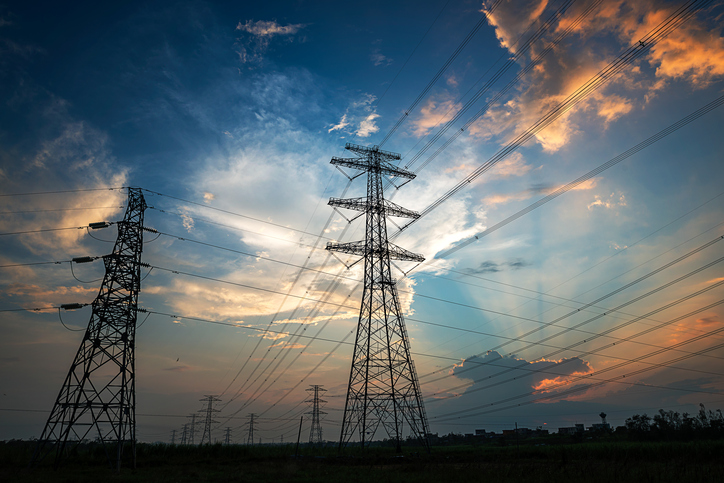Current±’s series of predictions continues, as Pod Point’s Erik Fairbairn and Good Energy chief Juliet Davenport provide their forecasts for what the energy transition holds in store for 2020.
Erik Fairbairn, CEO, Pod Point
Fleets and company cars will go electric
In 2020, there will be a step-change in the number of company car drivers who choose an EV. The company car tax changes happening in April will turn the industry on its head; with BiK rates dropping to 0% for BEVs there will be an awesome economic incentive for company car drivers to go electric.
And that’s not all – the BiK rate for BEVs is only increasing to 1% in 2021-22 and 2% in 2022-23 so this looks like it will be a trend that continues over the next couple of years.
This will create a lot of new challenges for employers and fleet operators though. They will need to start planning now for an uptick in EV adoption among their drivers, making sure they have the right charging infrastructure in place so they can scale it and manage it as adoption grows.
Homebuilders will have to embrace EV chargepoints
As well as lowering company car tax to 0%, it looks likely that the government will make it a legal requirement to install a chargepoint in every parking space for new homes. This would lead to hundreds of thousands of new chargers being installed across the UK in 2020 and beyond. With residents able to charge at home by default, EV adoption will go into overdrive.
If the government’s proposed changes do go ahead, property developers will need to think carefully about the charging infrastructure they install, so that they can avoid big increases in costs through having to upgrade power supplies.
Consumer adoption of EVs will rocket
Next year is going to be the one that EV hits the mainstream, going from an unusual choice to the default. It’s taken 10 years to get to just under 5% adoption but in the next 10 years we’ll get to 95% and that starts in 2020. In my mind the ICE is already dead; expect to see Blockbuster vs. Netflix all over again.
Here’s why:
- The public charging network is rapidly expanding which will give drivers more opportunities to charge, while also reducing range anxiety.
- There is growing awareness and acceptance of EVs among consumers which is happening against a backdrop of grass-roots climate change action and initiatives.
- Car manufacturers are continually releasing new EVs at lower price points, with longer ranges and in different vehicle categories, opening up the market and catering to different driver tastes, budgets and use cases.
Juliet Davenport, CEO and Founder, Good Energy
Net zero policy
COP26 will provide the ignition for stronger government policies on net-zero emissions. As hosts, the UK has an opportunity to show real leadership, dumping fossil fuels, reigniting proven renewable technologies and investing in research and innovation for the technologies of tomorrow. Showing that it is taking the climate emergency and its own climate commitments seriously, will mean it can truly be an influencer amongst global leaders.
And to do that it needs to start at home. Our regulatory environment is currently complex and, in some areas, toxic for renewables. Giving our regulatory bodies like Ofgem a clear remit for the climate emergency and providing planning guidance that underpins zero carbon, and calls for more speed in delivery, is an essential foundation. The National Infrastructure Commission has already called for this action, and this will help promote a ‘whole systems’ view when designing the low carbon systems of the future.
Climate conscience
2019 was the year of climate protest. Youth strikes and Extinction Rebellion kept the climate crisis in the news and high on the political agenda. These movements won’t go away and continued pressure is likely to lead to greater public awareness and demands for change. This means there will be a continued public focus on renewable energy targets and clean air and more regions, cities, and local governments implementing moves to address the climate emergency.
People power
For the consumer, it will be a pioneering time, with early adopters trying out new technologies from electric vehicles and solar panels through to vehicle-to-grid charging, tariffs that pay you and smart appliances which will make use of electricity when it is cheapest. But pioneers will lead to fast followers where we see these technologies soon become mainstream and affordable for everyone to use. Just think mobile phones and you’ll get there!





